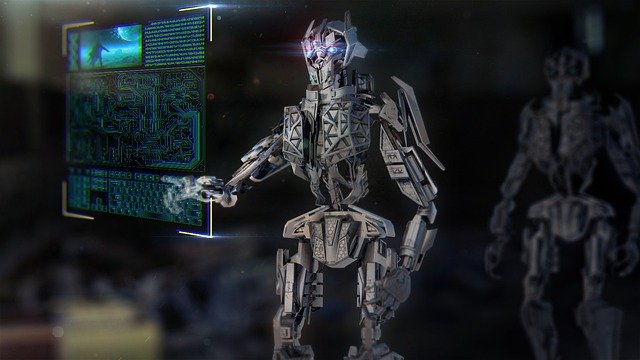AI’s Impact on the Future of Technology
Artificial Intelligence (AI) is a rapidly growing field of technology that has the potential to revolutionize the way we interact with the world. AI is already being used in a variety of applications, from self-driving cars to virtual assistants, and its impact on the future of technology is likely to be profound. In this article, we will explore the potential implications of AI on the future of technology, and discuss the challenges and opportunities that come with its development.
The Potential Benefits of AI
One of the most exciting potential benefits of AI is its ability to automate processes and make them more efficient. AI-driven automation can reduce the amount of time and resources needed to complete tasks, allowing businesses to save money and become more productive. AI can also be used to analyze large amounts of data quickly and accurately, providing insights that can be used to inform decision-making and improve outcomes.
In addition to its potential to increase efficiency, AI can also be used to create new products and services. By leveraging AI-driven algorithms, businesses can develop products and services that are tailored to the needs of their customers, leading to improved customer satisfaction and loyalty. AI can also be used to create more personalized experiences, allowing customers to have a more customized experience with a product or service.
The Challenges of AI
Despite its potential benefits, AI also comes with its own set of challenges. One of the most pressing concerns is the potential for AI to be used for malicious purposes. AI-driven algorithms can be used to manipulate data, making it difficult to detect and prevent fraud and other malicious activities. In addition, AI can be used to create biased algorithms that can lead to unfair outcomes.
Another challenge of AI is its potential to disrupt existing job markets. As AI becomes more sophisticated, it is likely to displace workers in certain industries, leading to job loss and economic instability. It is also important to consider the ethical implications of AI, as it can be used to create autonomous machines that are capable of making decisions without human intervention.
The Future of AI
Despite the challenges, AI is likely to continue to be a major force in the future of technology. As AI becomes more sophisticated, it is likely to be used in a wider range of applications, from medical diagnosis to financial analysis. AI is also likely to become more accessible, allowing businesses of all sizes to benefit from its capabilities.
In addition, AI is likely to become more intelligent, allowing it to make more informed decisions and provide more accurate results. This could lead to improved decision-making and increased efficiency in a variety of industries. Finally, AI is likely to become more secure, allowing businesses to protect their data and systems from malicious actors.
Conclusion
AI is a rapidly growing field of technology with the potential to revolutionize the way we interact with the world. AI can be used to automate processes, analyze data, and create new products and services. However, AI also comes with its own set of challenges, including the potential for malicious use and job displacement. Despite these challenges, AI is likely to remain a major force in the future of technology, providing businesses with increased efficiency, improved decision-making, and enhanced security.










